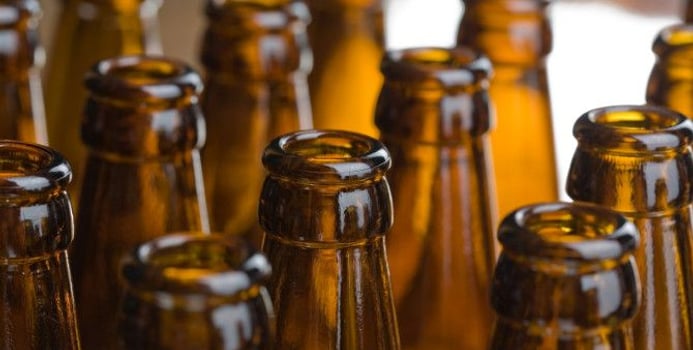Osteoporosis is defined as a silent disease that causes bones to become weaker and more vulnerable to fracture. If the affected person does not take any measure to control the disease, it can progress without causing pain until it breaks a bone. Typically, osteoporosis breaks bones that are located in the wrist, hip and spine, but it can affect any bone in the body as well. A hip fracture can cause mobility impairment, permanent disability or death, while a spinal fracture can lead to severe back pain, loss of height or deformity. There are many factors that can contribute to osteoporosis, and one of these is over-consumption of alcohol.
Alcohol and Osteoporosis
Recently, research findings showed that low or moderate consumption of alcohol can help to prevent and control osteoporosis, especially in women and older people. This is because alcohol has the ability to boost the immune system and prevent bone loss. However, those who consume more than 2 or 3 ounces of alcohol a day will become more susceptible to osteoporosis.
Alcohol Reduces Calcium Reserves and Absorption
According to studies, alcohol can raise a person's parathyroid hormone (PTH) levels. PTH acts to regulate calcium and phosphorous levels. When it is elevated, it can put a strain on the calcium reserves in the body. Calcium is essential for the development of strong and healthy bones, and alcohol's ability to deplete calcium reserves can result in weaker bones and osteoporosis. Also, it is known that alcohol can interfere with the work of liver enzymes, which work to convert inactive vitamin D to the active form. When a deficiency of active vitamin D occurs, the body will not be able to absorb calcium from the gastrointestinal tract efficiently.
Alcohol Increases Cortisol Levels
Cortisol can interfere with the activities of osteoblasts and hinder the formation of bones. Also, it increases osteoclast activities and cause more bones to be removed. This double action contributes to an overall loss in bone density. Since alcohol raises cortisol levels, it can lead to the development of osteoporosis.
Alcohol Has a Negative Effect on Hormones
Over-consumption of alcohol causes depletion of testrosterone in men. With less testrosterone, osteoblast activities will be reduced, and this will affect the formation of bones. Excessive drinking also interferes with women's menstrual cycle, and irregular periods will lead to greater bone loss.
Effective Ways to Quit Alcohol
For those who are addicted to alcohol, getting rid of the habit can be very difficult. Nevertheless, many people have managed to quit drinking by following certain programs. Such programs include the Alcoholics Anonymous (AA) program and a self-empowering program. Social drinkers who only consume a glass of alcohol or two per outing have no reason to worry. Alcohol is acceptable as long as it's consumed in moderation and consumption doesn't exceed a drink or two a day.



